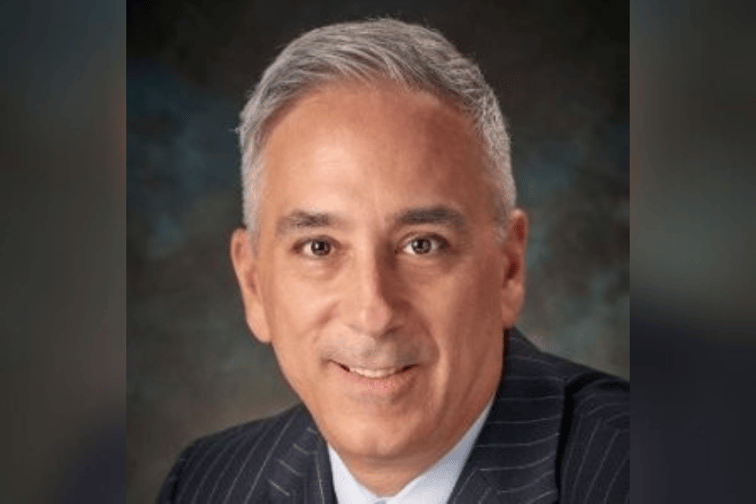

The Registered Insurance Brokers of Ontario (RIBO) is on a “path of modernization” that encompasses all its processes, from spot checks and exams to licensing and governance, according to its CEO Patrick Ballantyne (pictured).
Speaking to Insurance Business, Ballantyne said that changes underway at the self-regulatory broker body are a response to the way the Ontario insurance landscape has evolved in the past few years.
More than material changes, RIBO is also injecting more rigour to its audit process.
“Updating the exam and making sure the questions are relevant is not a new thing for us. What is new is the process that we’re following and the rigour that we’re following to achieve that goal,” Ballantyne said.
“As society has evolved, one of the things that we’ve tried to improve is the process in making sure that the exams remain relevant, that they test for skills and knowledge that a new broker needs to better serve their customers.”
Last month, RIBO announced a suite of actions aimed at enhancing the standards and qualifications of insurance professionals in Ontario. These included changes to the entry-level exam for licensed insurance brokers and plans to introduce a new academic integrity policy.
RIBO said feedback from industry experts and stakeholders reflected the need for a stronger foundation in commercial insurance among entry-level brokers.
Key updates included a new competency profile and a refreshed and expanded Level 1 exam that aims to offer a more comprehensive evaluation of subjects such as legislation, commercial insurance, and insurance product knowledge.
The fee for taking the updated entry-level exam is also increasing to $300.
“We wanted to ensure that the exam reflected the skills, competency, and knowledge that a modern broker is expected to have,” said Ballantyne.
“Reviewing the skills profile with the assistance of an expert panel of brokers and education professionals enabled us to know what we should be testing for, to address the gaps and transition to a more modern, more relevant exam process.”
The exam changes were influenced, in part, by irregularities uncovered by RIBO late last year, which led to an extensive review.
Ballantyne acknowledged that the shift to online testing during the COVID-19 pandemic proved a significant challenge.
“With respect to the exam irregularities, that is certainly not something that was unique to us at RIBO,” he said. “I think a lot of organizations that offer licencing exams experienced some challenges as they transitioned to an online environment.
“There’s been a lot of opportunities for us to learn over the last few years, and certainly we have employed some additional rigour to our exam processes, working with our administrators to make sure that the irregularities are kept to an absolute minimum, if not eliminated.”
Moving forward, RIBO is focused on making sure the Level 1 exam changes are delivered seamlessly and gradually. It is collaborating with exam service providers, the Insurance Institute of Canada (IIC) and the Insurance Brokers Association of Ontario (IBAO), to pilot new exam questions from November.
Results from this pilot phase will inform updates to the exams beginning January 2024. RIBO also stressed that candidates will not be penalized for their performance on pilot questions.
The new exam blueprint and competency profile will officially take effect on January 1, 2025.
Established in 1981, RIBO’s mission is to regulate the licensing, professional competence, ethical conduct, and insurance-related financial obligations of all independent general insurance brokers in Ontario.
RIBO’s modernization journey is critical to improving the province’s insurance marketplace, according to its chief executive.
“Our sole focus is to regulate the profession in the interest of the general public,” said Ballantyne. “We are very much focused on public protection, and ultimately the changes that we’re making with the exams and in all other areas should lead to an increased consumer satisfaction with their brokers.
“If consumers feel that their insurance needs are being understood and met by knowledgeable, ethical brokers, they’re more likely to feel satisfied with the insurance experience, and that’s where we’re trying to get to: more knowledgeable consumers, more knowledgeable brokers, and an overall better insurance marketplace for the province.”
How do you feel about the changes at RIBO and the updates to the Level 1 broker licensing exam? Tell us your thoughts in the comments below.
